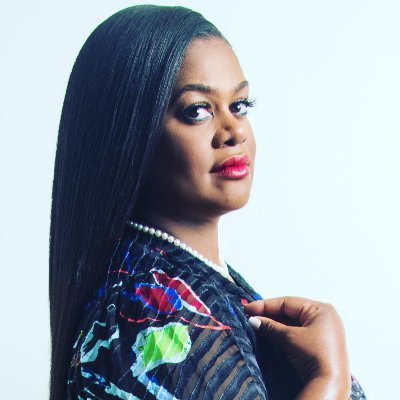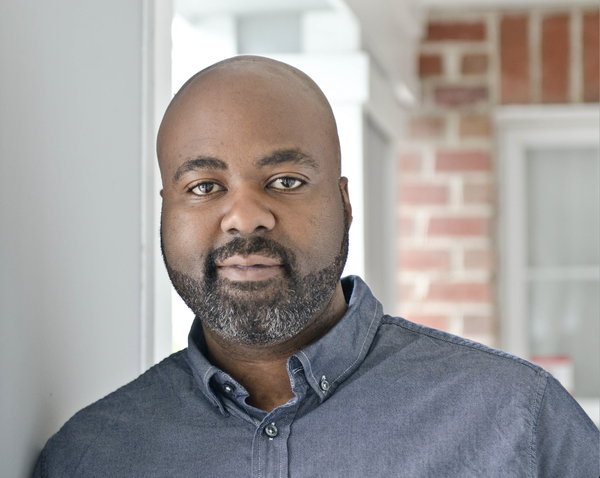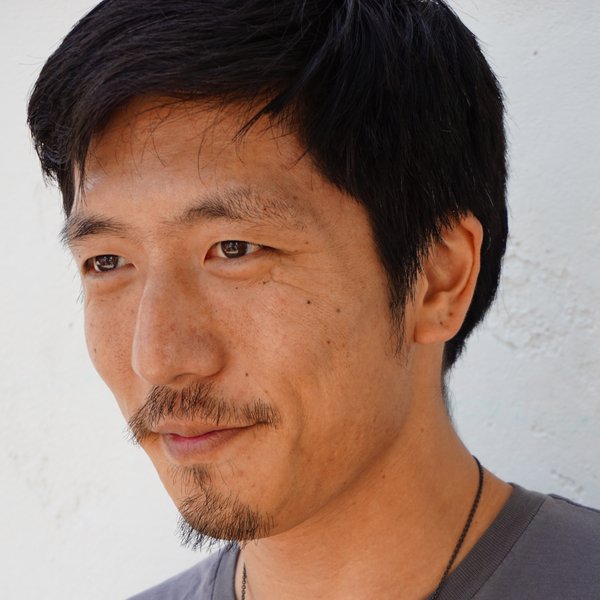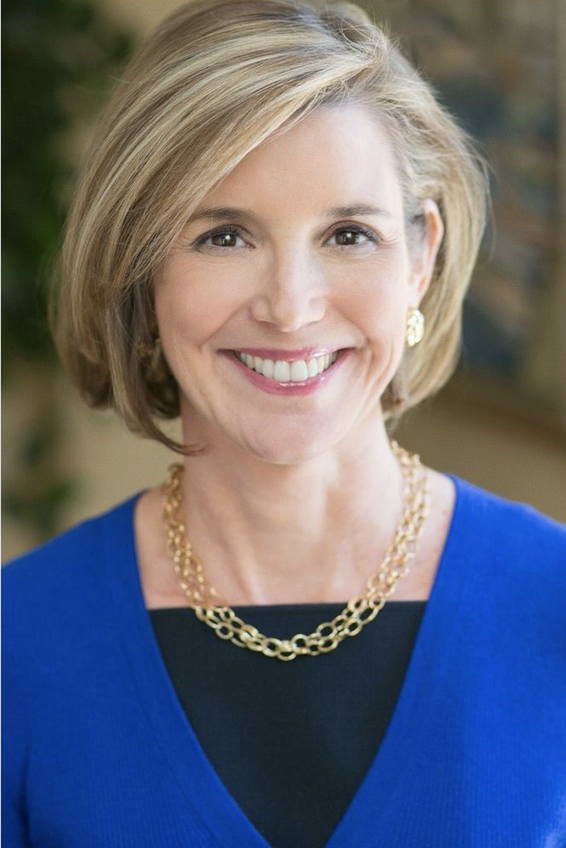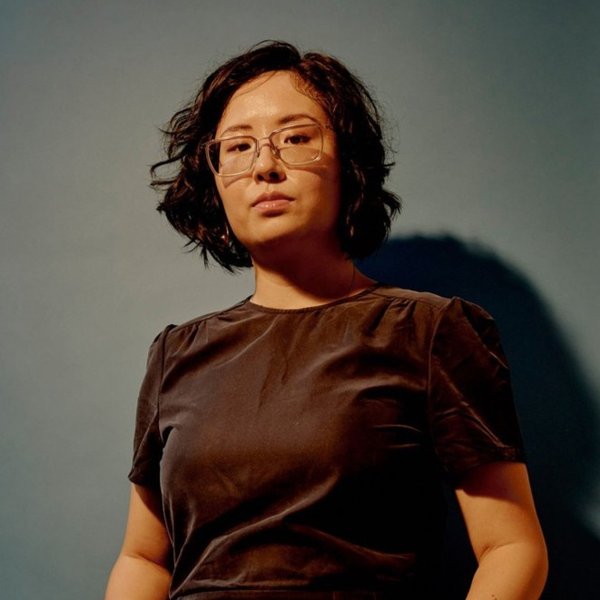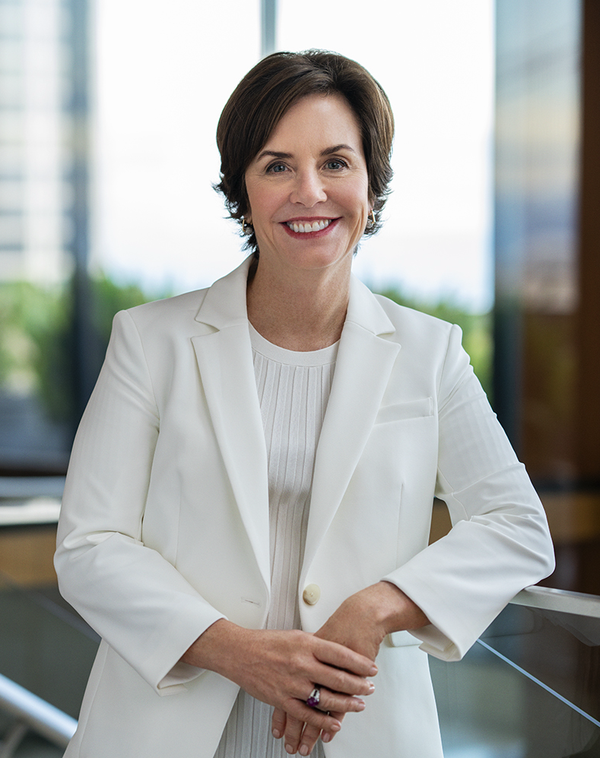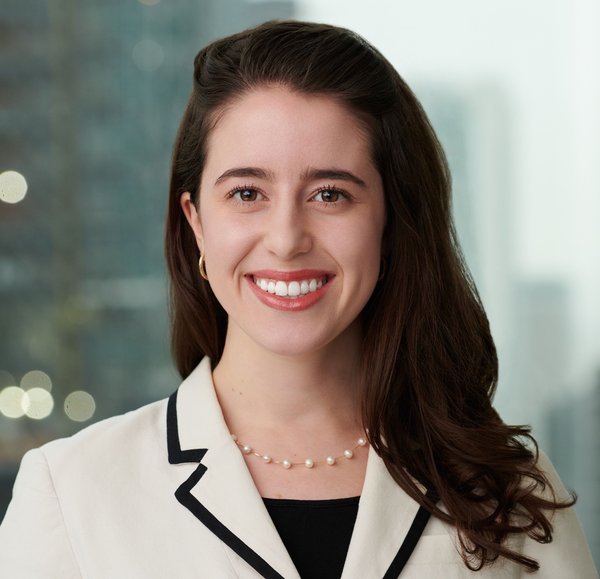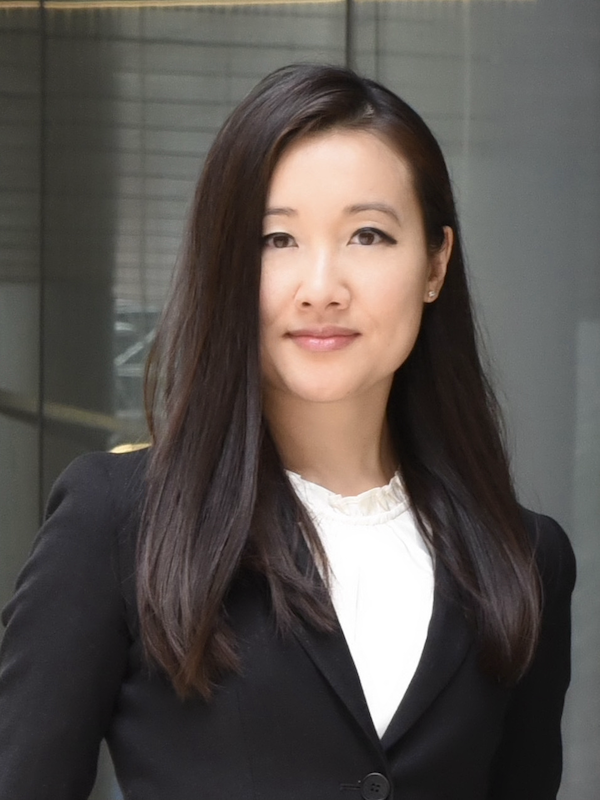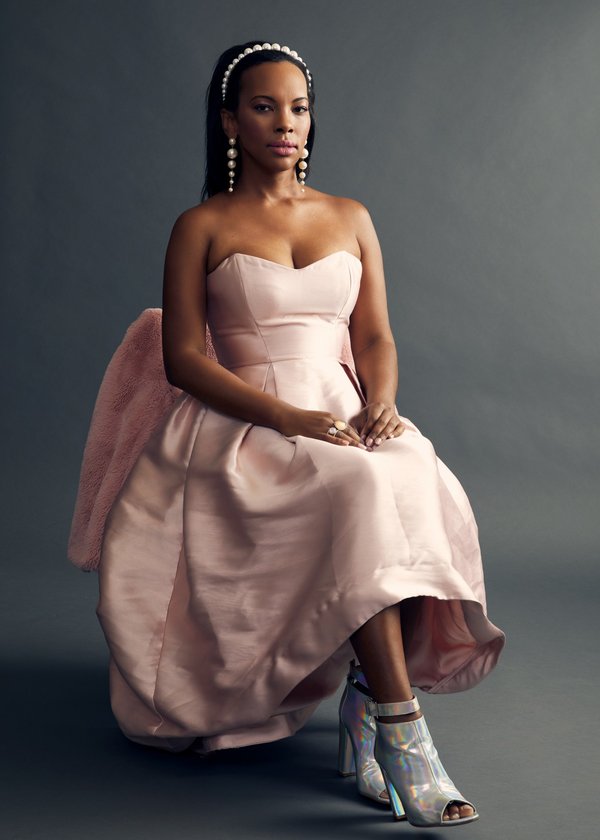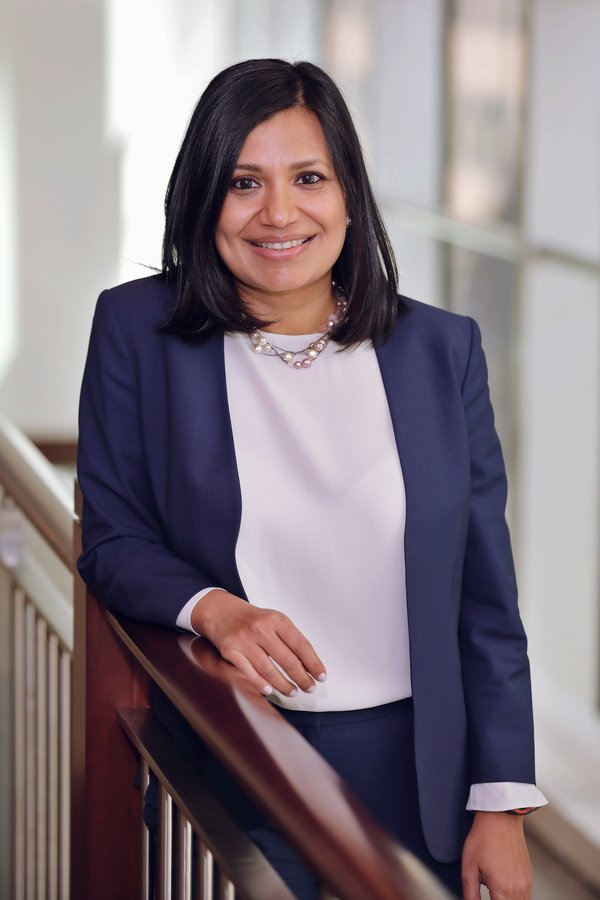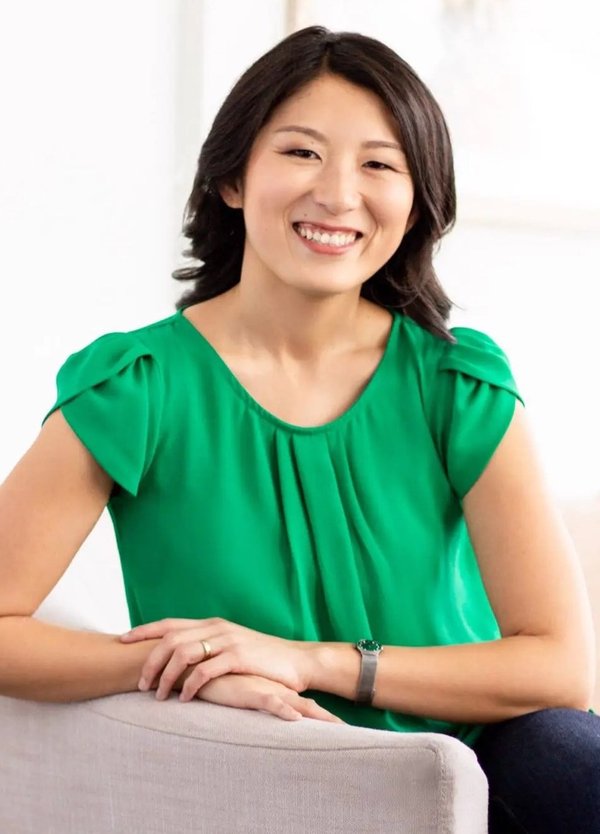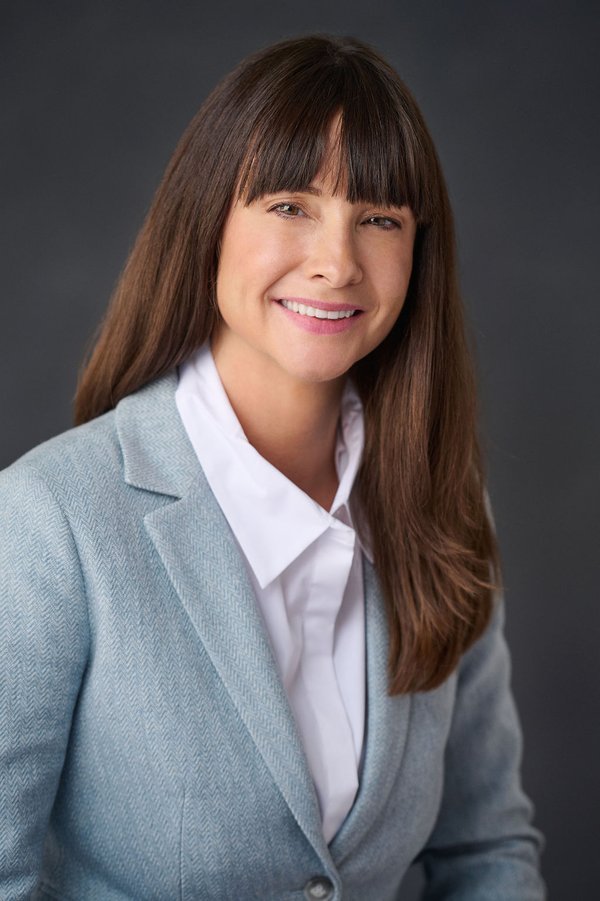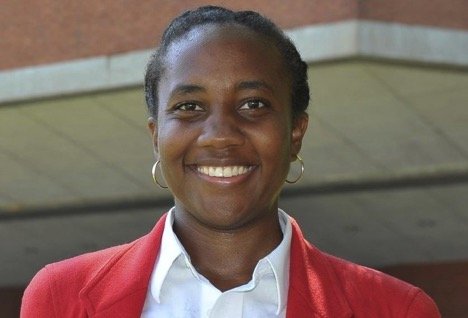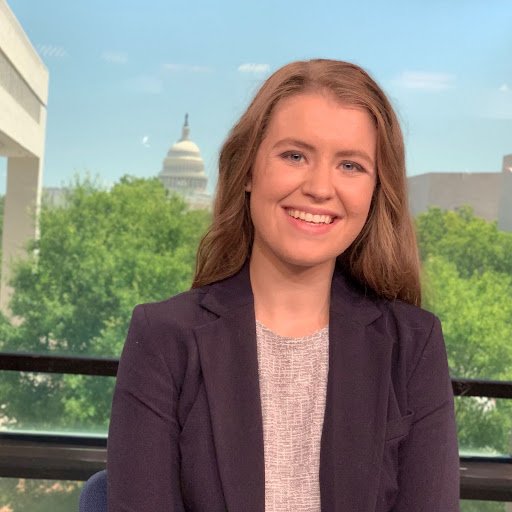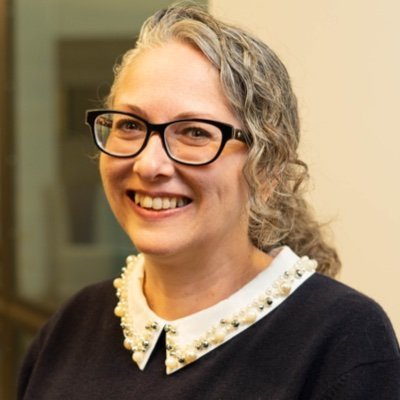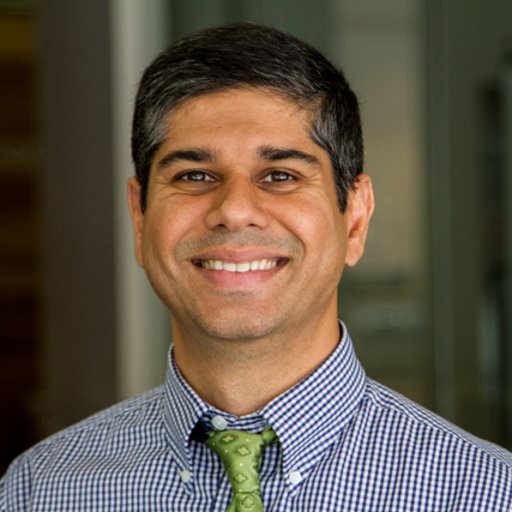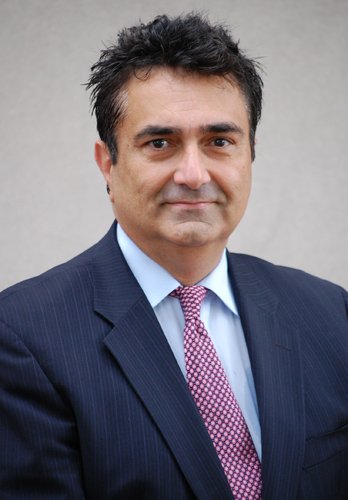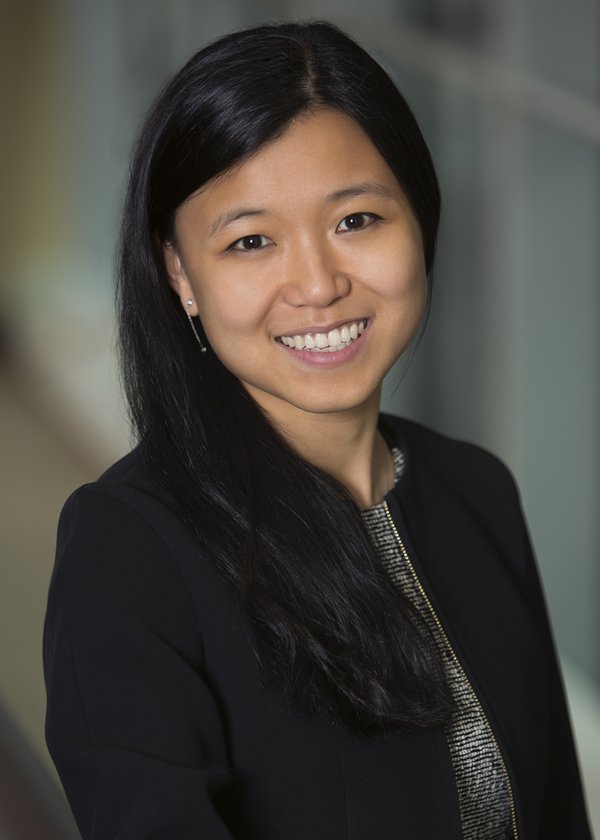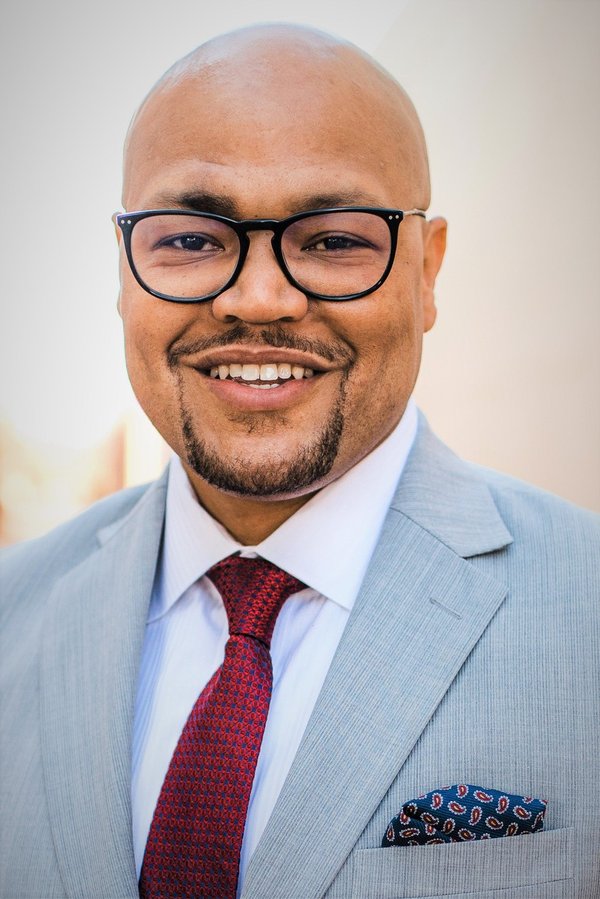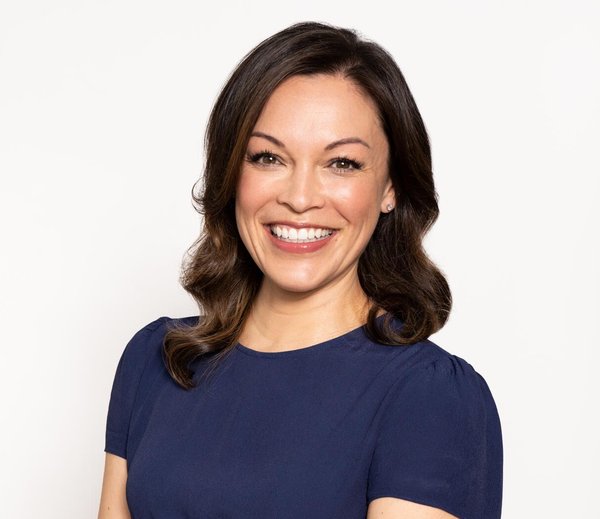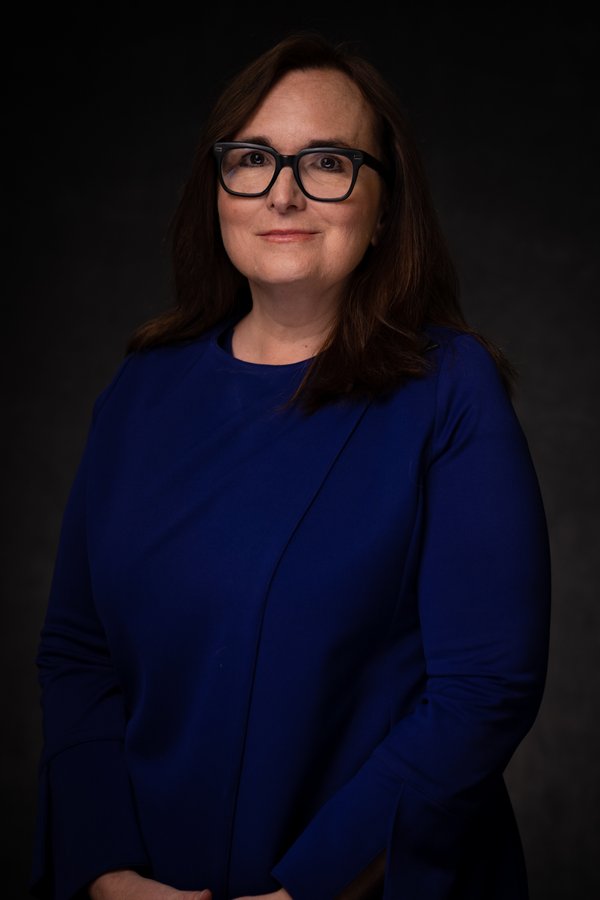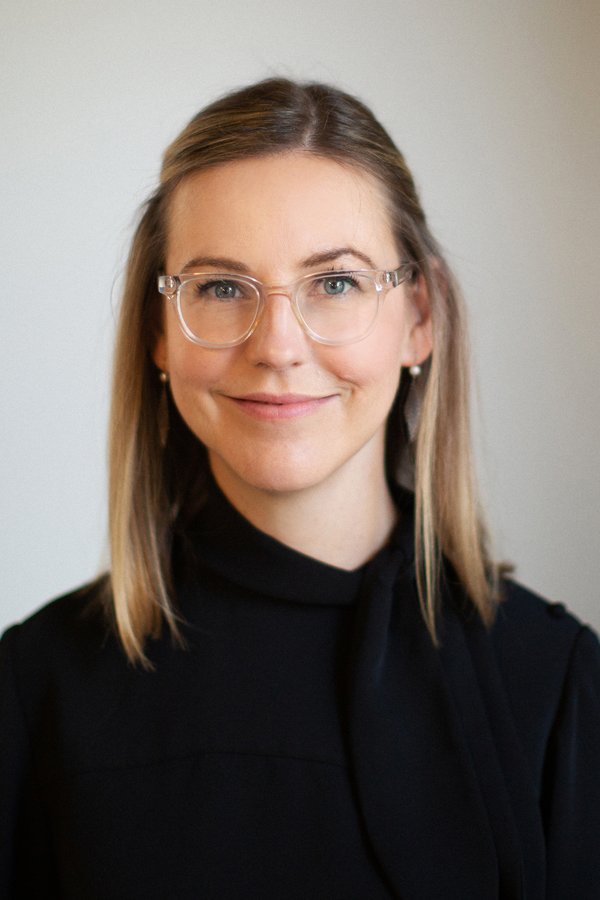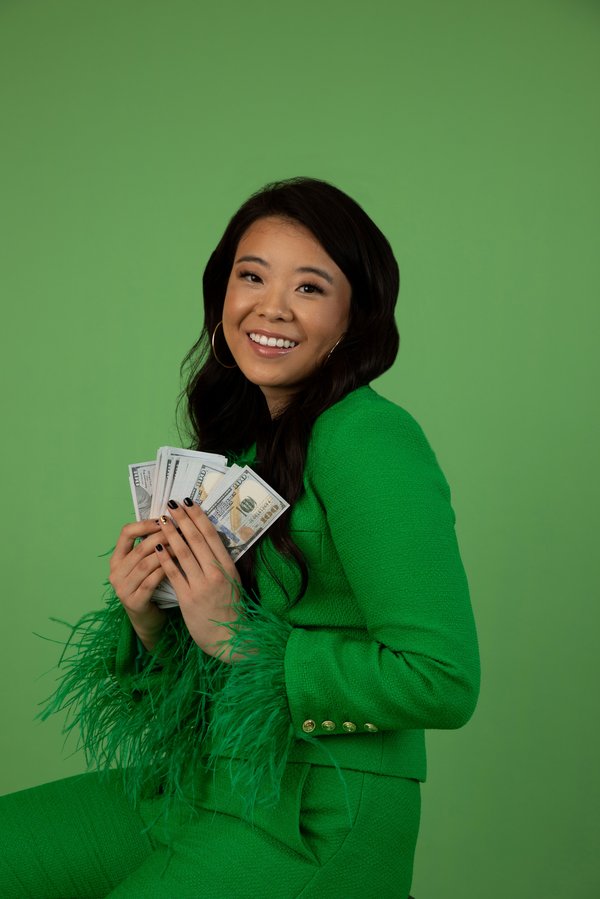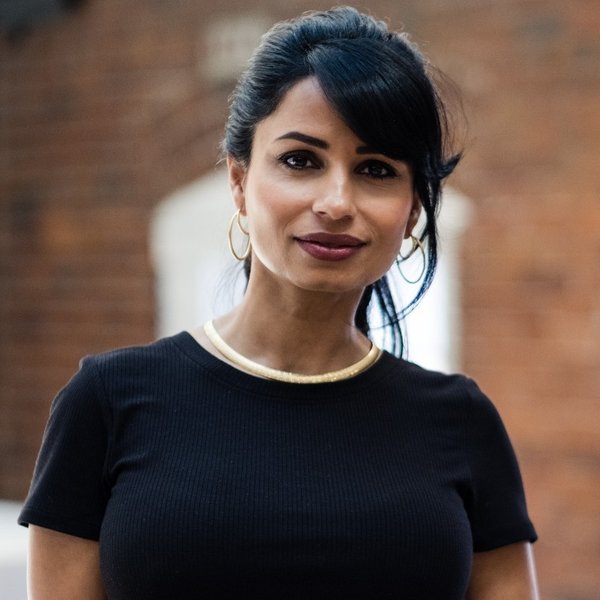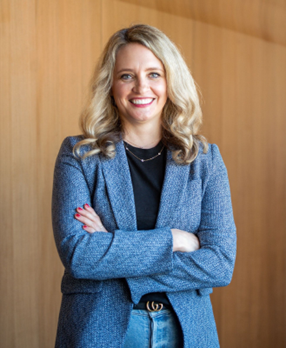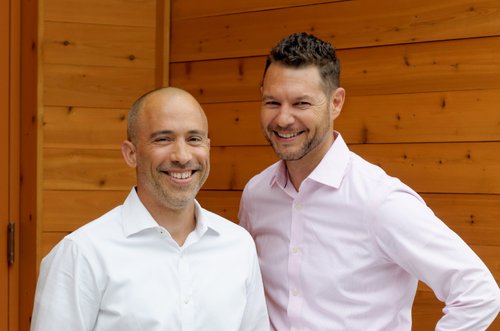
David and John Auten-Schneider are personal finance authors, bloggers, and speakers for DebtFreeGuys.com and hosts of the Queer Money® podcast with more than 30 years of combined experience in finance. Their work has appeared in The Motley Fool, Yahoo! Finance, Forbes, Time, and more. Their show and podcast, Queer Money, is the only show talking about the financial nuances of the LGBTQ+ community. Their mission is to build a financially strong queer community.
David and John's Investing Styles
How many years of investing experience do you have? 20+ years
What is your investing risk tolerance? High
What is your portfolio size? Large (20+ stocks) between individual stocks, ETFs, and managed accounts that hold individual stocks.
What are your favorite investing sectors? Financials, Consumer Discretionary, Information Technology
What makes those sectors so interesting to you? They're a balance of innovation, products, and services people use daily, and our background is in financial services.
When did you start your investing/personal finance journey and why?
Technically, for David, it was in 1996 by investing in mutual funds when he started working for 20th Century, a mutual fund company that’s now called American Century. Technically, for John, it was when he started investing in his 401(k) when he started working at Charles Schwab. More realistically, it was when we paid off our $51,000 in credit card debt, turning our net worth from a negative to a positive, and then doubling down on investing in our respective 401(k)s.
Can you tell us a little bit about your relationships with money at an early age?
We both have vivid money stories from an early age. The seed for David's scarcity mindset was planted when his father changed jobs due to religious reasons and took a significant pay cut. His family went from being firmly in the middle class to being on subsidized school lunches. John remembers being told by his mother after he asked how much money "we" have that, "You don't have any money and talking about money is rude." John took his mother at her word and avoided the money talk at all costs (no pun intended) until he and David were forced to have the money conversation.
What have your journeys been like as investors/personal finance influencers? What are some of the challenges you've had to overcome?
Getting started with investing initially came easy to both of us since we both started our careers in financial services and were highly encouraged to activate and start funding our respective 401(k)s. It was several years after starting our careers and a year and a half after we got together that we confessed to each other that, between the two of us, we had $51,000 in credit card debt. This debt made us realize that we needed to immediately change our strategy.
We both dialed back our 401(k) contributions so that we had more money to pay off our debt. With focus and our Debt Lasso Method, we paid off our debt in two-and-a-half years. The Debt Lasso Method is our five-step strategy to reduce your interest rate as low as possible, ideally 0%, and your number of credit cards, ideally one, to free up cash to pay off principle as fast as possible.
Our challenges were figuring out how we acquired so much debt and what we most wanted in life. After much reflection, we realized that because we both came from times and places when it wasn't OK to be gay, we soothed this trauma by spending. Our unconscious thinking was that our childhood bullies would be proven wrong about us because of our designer clothes, expensive lifestyle, and fancy travel. Likewise, we wanted so desperately to fit in with the gay community that felt we had to live up to a certain expectation, which meant spending money on things we couldn't afford.
To overcome these ingrained thought processes, we had to figure out what we most wanted in life, what mattered more to us than acceptance. When we figured those goals out -- saving for a comfortable retirement, traveling extensively but on cash, and giving back to the LGBTQ+ community -- we had the motivation we needed to pay off our debt, and, several years later, become millionaires.
As we approached our debt freedom day, we realized that we had a unique perspective with both our professional and personal experiences with money that we could help people. We wrote and published 4: The Four Principles of a Debt Free Life, and that was our first step in the personal finance influencer space, although we don't consider ourselves influencers but rather personal finance teachers.
We now have several businesses that help LGBTQ+ folks and allies live fabulously -- not fabulously broke.
In what ways have your social or cultural identities and lived experiences positively impacted your investing/personal finance journey?
Having to be independent and learning to navigate an unapproving world helped us navigate our financial lives, as rocky as it may have been, which caused us to be more aggressive than our peers and be comfortable being contrarian with our investing. There have been several instances over the past 20+ years that we're buying stocks as the market's tanking.
Also, due to what we call legacy financial exclusion -- meaning being left out of generational wealth in several ways, but, in this case, inheritance -- we knew there was at least a risk, and, in David's case, a guarantee, that one or both of us wouldn't inherit money from family. It's one thing to say that you should never rely on an inheritance to help you with your financial goals. It's another to know an inheritance won't happen.
What advice would you give to a younger person who may be experiencing market volatility for the first time?
Join the ride. Today's volatility is nothing new. There will always be those predicting a market apocalypse; there are no perfect markets, and there are always uncertainties.
We've invested through and survived the sequence of the dot-com bubble bursting, followed by 9/11, followed by the Iraq war, followed by the 2008 housing crisis. In each market there were opportunities, and, in most cases, a buy-and-hold strategy made the most sense.
That said, don't invest based on emotion. Always have an entrance and an exit strategy before buying any investment.
If you could go back in time and change one thing about your investing strategy, what would you change and why?
If we could go back in time, we would've consumed less -- purchased fewer depreciating assets -- and not racked up so much debt to have more money to invest in the stock market and start investing in real estate sooner. That said, we can't change the past and look back on much of the past fondly despite the challenges.
What are three things that really excite you about the future of investing/personal finance?
- It feels to us that more people are talking about investing and personal finance than ever before so that it's becoming more accessible, including for the LGBTQ+ community.
- We're inspired by the increasing talk of financial well-being and how it relates to mental health. The relationship between our personal finances and mental health wasn't talked about years ago. Talking about this relationship will hopefully help more folks with both their personal finances and their mental health.
- Finally, we're loving the increasing diversity in personal finance. Seeing more people of color and people with different backgrounds, histories, and perspectives is great. In fact, the leading Black women in personal finance -- Tiffany Aliche, Patrice Washington, Tonya Rapley, Sandy Smith (and so many others) -- have been our inspiration for years of what we can do for the LGBTQ+ community.
Who are some leaders in the finance industry you admire and why?
- Jean Chatzky: She is and always has been incredibly accepting, inclusive, and supportive.
- Paula Pant: She's so methodical and deliberate.
- Tom Brickman: His real estate advice is practical and down to earth -- it's refreshing
- Tiffany Aliche, Patrice Washington, Tonya Rapley, Sandy Smith: See above.
- Harlan Landes: With The Plutus Foundation, he's making personal finance a bigger tent -- more personal, more diverse, and more inclusive.
- Andy Hill: Probably one of the most genuine and accessible personal finance leaders today.
- Tori Dunlap: The rapid growth of her platform and the unique way she's connecting with people is inspiring.
- Ali and Alison Walker: Their writing and thought process is so detailed and thorough.
What are some of your favorite educational resources (books, podcasts, websites, etc.) that you'd recommend for investors of all ages?
We're constantly soaking up personal finance content from publications such as The Motley Fool to Barron’s, podcasts such as "So Money" with Farnoosh Torabi to "Stacking Benjamins" with Joe Saul-Sehy, and YouTube channels such as Our Freedom Years with Stephanie and Gillian to Let’s Talk Money! with Joseph Hogue. The personal finance book that's had the most impact on us is The Richest Man in Babylon by George S. Clason. A Random Walk Down Wall Street by Burton G. Malkiel is a solid read for anyone interested in investing in the stock market.
What's one quote or saying that inspires or challenges you?
"Be thankful for what you have; you'll end up having more. If you concentrate on what you don't have, you will never, ever have enough." —Oprah Winfrey
You might also like:
The Motley Fool has a disclosure policy.







